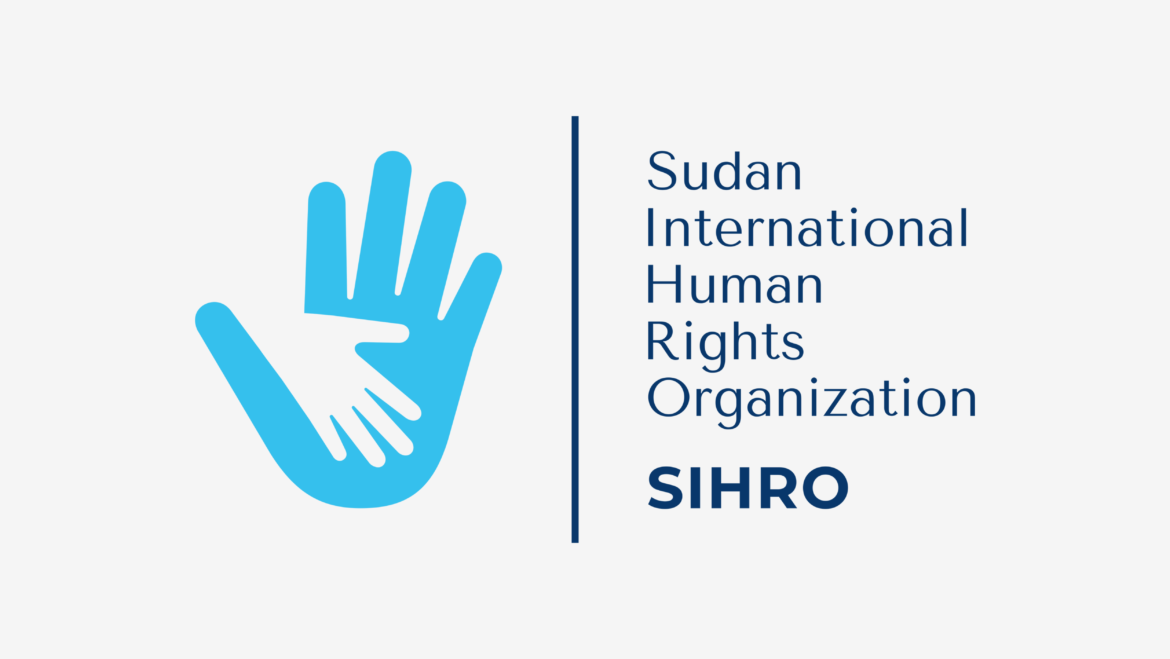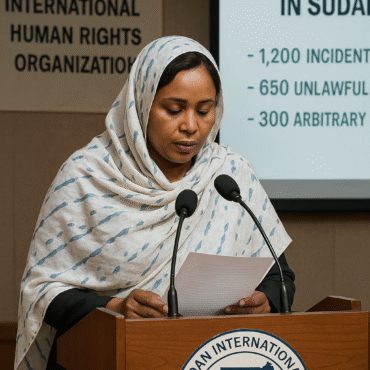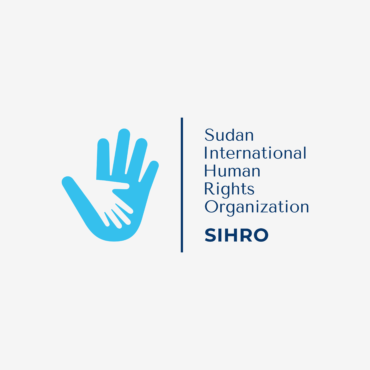Navigating Through Turmoil: An In-Depth Analysis of Healthcare-Related Incidents in Sudan (2016-2024)
Background:
In the heart of Africa, Sudan has been a theater of prolonged conflicts and political upheaval, deeply affecting its societal structures, including the healthcare system. The years from 2016 to 2024 have been marked by significant challenges, with healthcare providers often finding themselves at the crossroads of violence. This analysis delves into the incidents that have marred the healthcare landscape in Sudan, aiming to provide a nuanced understanding of the threats and challenges healthcare workers and facilities face.
Introduction:
This comprehensive report offers a detailed comparative analysis of healthcare-related incidents in Sudan spanning from 2016 to 2024. By examining a rich dataset, the report unveils the frequency of incidents, the geographical extent of their impact, the array of actors involved, and the nature of violence experienced. The objective is to elucidate the persistent obstacles confronting healthcare delivery in a nation grappling with instability.
Analysis:
- Total Incidents: The staggering figure of 452 incidents over nine years not only highlights the perilous conditions under which healthcare workers operate but also reflects the broader context of instability and conflict in Sudan. Each incident represents a disruption to healthcare services, with potentially long-lasting effects on the health and well-being of the Sudanese population.
- Temporal Overview: The span of incidents from January 12, 2016, to January 3, 2024, illustrates a protracted risk period for healthcare providers. This timeline coincides with significant political and social upheavals in Sudan, including the ousting of long-time ruler Omar al-Bashir in 2019 and subsequent transitional challenges, which likely contributed to the volatile environment for healthcare services.
- Geographical Spread: The fact that incidents were recorded across 19 different administrative regions indicates that the healthcare challenges are not localized but rather pervasive throughout Sudan. This widespread distribution suggests that the threats to healthcare are systemic and deeply ingrained in the fabric of Sudan’s ongoing conflict and instability.
- Perpetrators: The involvement of a wide range of actors—including state forces like the Rapid Support Forces and the Sudanese Armed Forces, as well as non-state entities such as militias and unidentified armed groups—points to the complex and multifaceted nature of the conflict. The presence of multiple, often competing, actors complicates efforts to safeguard healthcare facilities and personnel.
- Types of Violence: The predominance of conflict-related violence (442 incidents) underscores the direct impact of armed conflict on healthcare. These incidents likely include attacks on healthcare facilities, targeting of healthcare workers, and obstruction of medical services, all of which undermine the provision of essential health services. The occurrence of COVID-19-related violence, albeit minimal (3 incidents), highlights additional pressures on an already strained healthcare system during global health crises.
Conclusion:
The analysis of healthcare-related incidents in Sudan from 2016 to 2024 paints a grim picture of the healthcare sector’s challenges amidst ongoing conflict and instability. The extensive geographical reach of these incidents and the involvement of a diverse array of perpetrators underscore the situation’s complexity. The overwhelming majority of conflict-related violence highlights the urgent need for concerted efforts to protect healthcare workers and facilities. As Sudan navigates its transition, ensuring the security of healthcare services is paramount for the country’s recovery and the well-being of its citizens. At both national and international levels, stakeholders must prioritize healthcare protection to foster a stable and healthy future for Sudan.




Add Comment